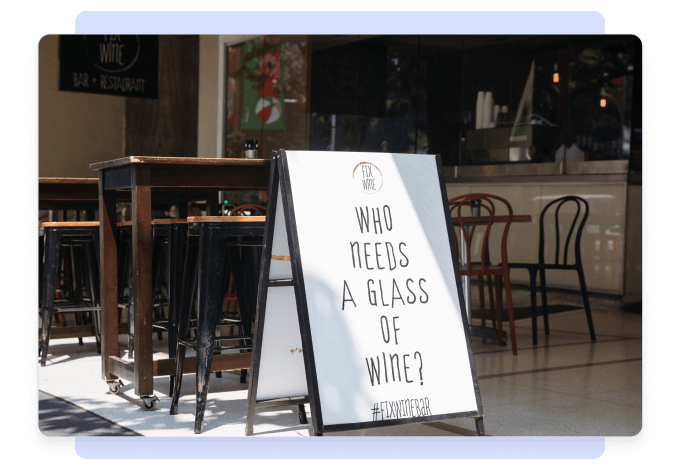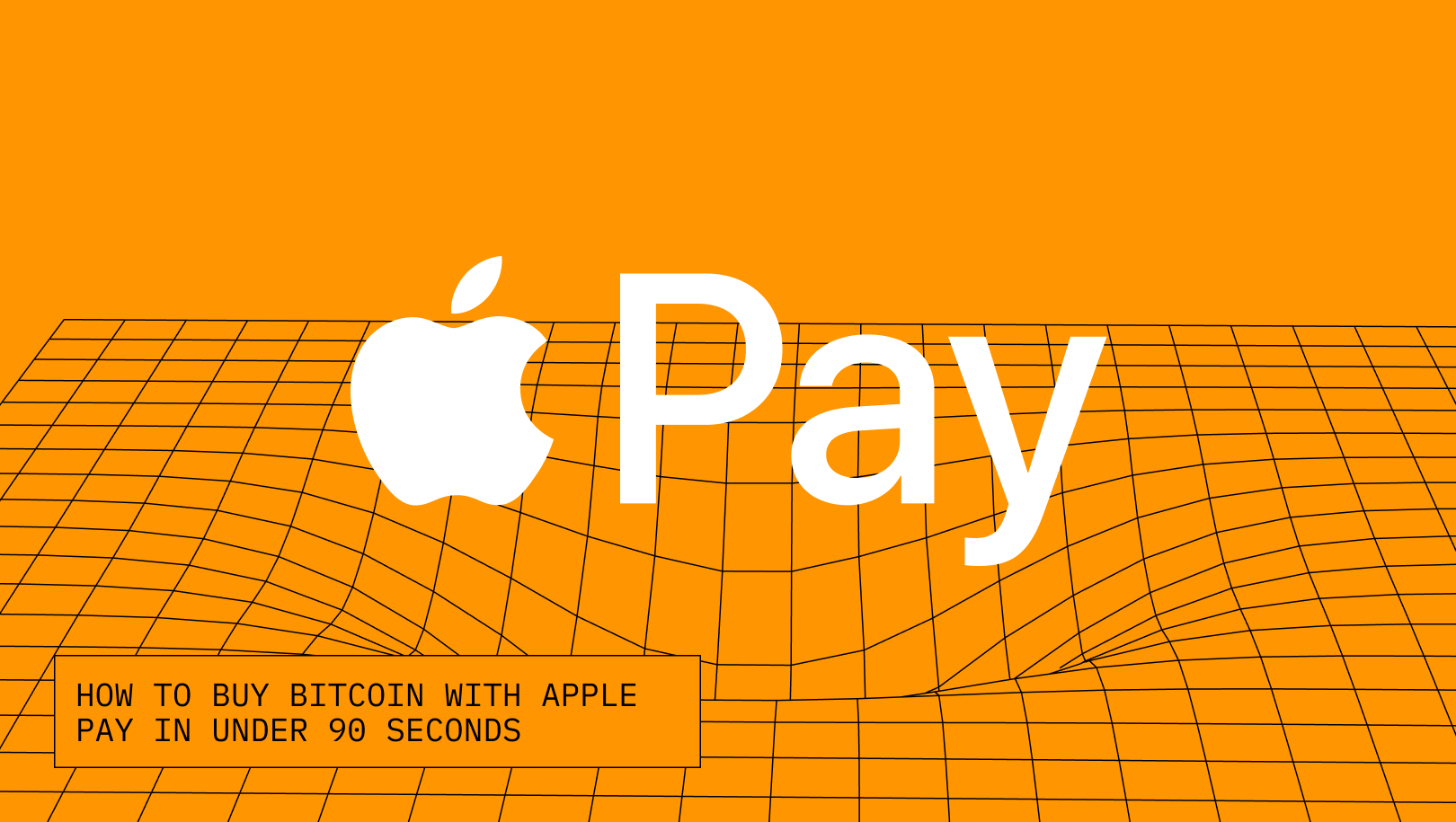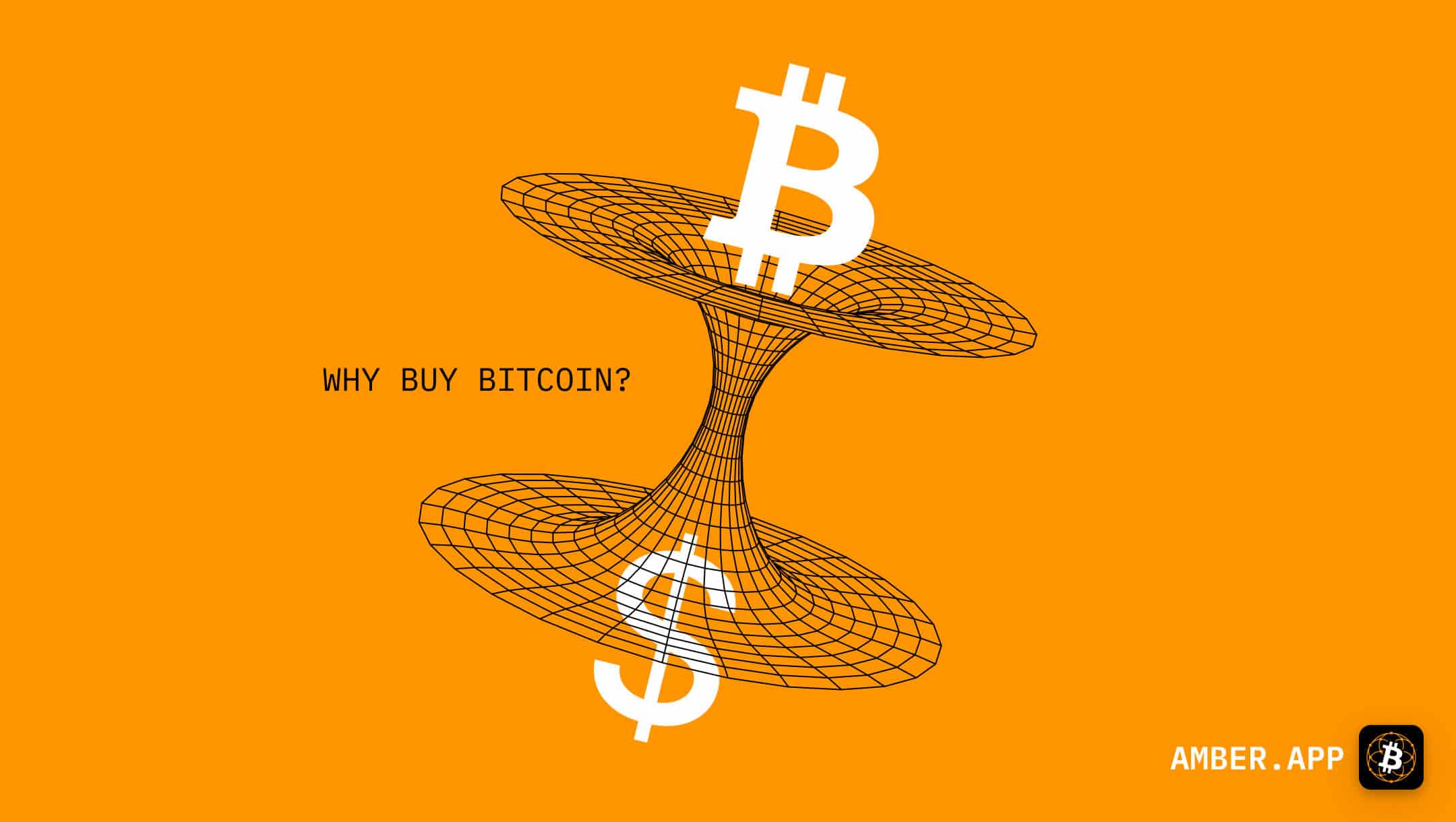Image: Moeda Bitcoin, 2021 by Noemi Ribeiro
“I own a restaurant. I’m a small business; a very, very small business. And, I’ve done everything you’ve asked. I’ve shut down the restaurant through every lockdown… I have done the right thing… and I’m on my knees. I am now, right now, 65% down on last January 2021, during the worst of covid. I’m down 90% from January 2020; pre-covid, before we knew covid existed. This is brutal… In the next couple of weeks, I will become bankrupt…”
Who Needs a Glass of Wine? 🍷
Stuart Knox is the owner of a small business, a wine bar called Fix Wine. It’s one of my favourite places to visit; to drink in and dine at, whenever I visit Sydney. There are many small business owners, like Stuart, all across the world, who are suffering, still, from the consequences of (inadvisable) lockdowns; unintended or otherwise.
Towards the end of the video, where the above quote from was taken, a clearly, visibly shook, beaten, and, sure, slightly inebriated Knox is filmed begging the very same government that imposed the destructive, draconian rules, and unconstitutional mandates, which, arguably, brought him to his knees, to help him. That’s like begging the arsonist to help put out the fire; the very same fire that they themselves not only started, but fanned, nay, fuelled for the past two years and counting.
It’s Stockholm syndrome. An indication of an unrecognised abusive relationship. And it is a sure sign that, despite being a very successful small business owner, Stuart Knox, like many, many others, don’t seem to understand the fundamental interrelationship between economics, government, and bureaucracy.
“Bureaucracy is a construction by which a person is conveniently separated from the consequences of his or her actions.”
Whether elected or not, politicians and bureaucrats rarely have any skin in the game regarding the policy decisions they make. That is, they never need face any real world consequences for their decisions or their actions. And so, where once a joyful, flourishing, and entrepreneurial red shoe wearing man stood proud behind his wonderful, independent, inner-city Sydney wine bar, he now slumps, 90% down, on the fragile withered legs of an old wooden stool.
What’s the Difference?
“I don’t think there’s been any greater engine of inequality than the Federal Reserve Bank of the United States, over the last 11 years… I just had the best year I’ve had in 15 years, last year (2021). Everyone wealthy I know is making a fortune. And, why are we making it? (Because the Fed chairman) is printing money like there’s no tomorrow… For the life of me, I can’t figure out why the left is so excited about money printing, when all the data says the people that benefit from money printing (the most) are rich people.”
Stanley Druckenmiller is regarded as one of the greatest investors and hedge fund managers of all time. In 1992, armed with an understanding of what money is and how it works, he and George Soros famously bet against the British pound, shorting it for over £10 billion. This audacious bet netted them an estimated £1 billion in profit, when the British government inadvertently broke the UK monetary system by trying to fix exchange rates with the EU.
What is the biggest difference between Stuart and Stan?
Stan is a Cantillon insider who understands the fundamental interrelationship between economics, government, and bureaucracy, and, more importantly, knows what money is and how it works. Stuart, like many, many others, on the other hand, does not. The basics of money is not taught in school; not even in the business and economics classes at university. The mystification of money is one of the most conspicuously inconspicuous deceits of the modern era.
A full explanation of what constitutes money is beyond the scope of this article. In brief, money is a token of saved time and energy. It is a technology which helps coordinate systems of value, connecting a network of perfect strangers across space and time to trade products, goods, and services with one another in order to acquire the things they want or need. When monopolised by government via legal tender laws, and sanctioned to be issued at the discretion of an unelected few, money becomes an effective weapon of economic coercion and covert violence. It sounds sensational, but it’s true; look it up.
“Who controls the food supply controls the people; who controls the energy can control whole continents; who controls money can control the world.
The monopolistic control of money through seigniorage is one of the easiest ways a government can (inadvertently or otherwise) pick winners and losers; like, say, Stanley and Stuart. Specifically, in times of crisis (see ratchet effect), and especially whenever the government says to its citizens that it must act to “save the economy,” which, typically, means to initiate unbridled QE – i.e. create money ex nihilo and toll free.
Bastiat’s parable of the broken window abides…
Frédéric Bastiat wrote, in his essay, That Which Is Seen, and That Which Is Not Seen, there are two effects of government action: the visible and the invisible. The state points to the economic activity of fixing (via stimulus and subsidy) real and/or imaginary broken windows (the visible crisis), while avoiding all mention of the windows it breaks in the process; the homes and businesses it bulldozes, and the people diverted from maintaining, or starting new and better ones (the invisible destruction).
Whatever you think about the COVID-19 pandemic, the virus itself did not crush Stuart Knox’s small business, or anyone else’s for that matter. The politicians and unelected bureaucrats did, with their ill-conceived, undeniably imprecise, and tactless autocratic interference. Those who lack any sense of opportunity cost and have little to no skin in the game. They did it – whether they know it or not – through wilful blindness, ego, hubris, and insolence, combined with an inherently distinct and obvious lack of knowledge regarding each and every one of their constituent’s own individual circumstance; of which, their innately flawed policy decisions, strategies and mandates affect the most. Such “fixing” is funded, of course, by government mandated fiat money, created ex nihilo and toll free.
What Must Be Done?
What can be done, to help small business, like Stuart Knox’s Fix Wine bar, in order to avoid becoming so susceptible to more arbitrary (albeit, and arguably, well intentioned) government intervention? What must be done?
Fix the money.
“I don’t believe we shall ever have a good money again before we take the thing out of the hands of government. That is, we can’t take them violently out of the hands of government, all we can do is by some sly roundabout way introduce something they can’t stop.”
Due to the decentralised nature of the network, the native internet money that is Bitcoin, not only can’t be stopped, it is the very thing that takes money out of the hands of government in the “sly roundabout way” that Hayek described above. And it’s not even that sly, due to the fact that Bitcoin is free and open source code, which has been possible for anyone with an internet connection anywhere in the world to voluntarily review, adopt, experiment with, and opt-into at any point in time since the 3rd of January, 2009.
Bitcoin is the internet of money. It is a decentralised digital currency, without a politician, bureaucrat, CEO, or any other single administrator to govern it. Instead, it operates via a globally distributed peer-to-peer consensus network that enables users to send and receive money (value) without permission or the need for intermediaries. Bitcoin is a ledger consisting of scarce, divisible, frictionless, easily verified tokens of cryptographic time and energy, governed by an immutable and unprejudiced monetary policy protocol, which is enforced by the many, rather than the few. Bitcoin is neutral money governed by rules, not rulers.
To be successful on a sound money standard, like Bitcoin, you must work (expend time and energy) to produce value for people, who, in turn, will voluntarily trade their tokens of value for the product or service you provide; value for vale, person to person, with no third-party intermediaries present in the trade whatsoever. Thus, Bitcoin eliminates seigniorage by removing the proof of money out of the hands of government officials and unelected bureaucrats with little to no skin in the game. Furthermore, unlike such people in government, Bitcoin cannot pick winners and losers – like Stanley and Stuart – intentionally, unintentionally, or otherwise, because it is a neutral consensus protocol that is open to anyone and everyone.
Bitcoin honours hard working, risk taking entrepreneurs – regardless of their knowledge of money or the colour of their shoes. It is a network which helps, rather than hinders, the incentives of individuals to pursue their own self-interests; their dreams and aspirations – such as, owning a small, unique and independent business, like, a wine bar, for instance – ultimately benefiting anyone who’s interested in patronising said small business – say, epicurean oenophiles, like me and you.
Believe it or not, Bitcoin is a sound monetary system that is fair, equitable, and just for all. At last, humanity now has the ability to reject government mandated fiat money, created ex nihilo and toll free, and begin buying and holding and even using Bitcoin, instead.
Inspect it, learn about it, use Bitcoin, before, ultimately, adopting it as a sound money standard. A standard which is the conclusive solution to destructive, draconian rules, unconstitutional mandates, and ill-conceived, undeniably imprecise, and tactless autocratic interference from politicians and unelected bureaucrats. Why? Because, as Stuart and many, many other small, independent business owners have witnessed first hand, over the past two years, there is no ultimate value to be found, whatsoever, from such overbearing – let’s just say it – authoritarian action. Sound money makes such behaviour much too expensive by reintroducing the concept of opportunity cost.
Bitcoin is for Small Business
How long do politicians have to keep on promising heaven and delivering hell before people catch on, and stop getting swept away by rhetoric? – Thomas Sowell
In essence, it is not the big moneyed heavy hitters of Wall St, the investors and legendary hedge fund managers, like Stanley Drunkenmiller, who need to own Bitcoin (he already does, by the way). Rather, it is the people, the risk takers, the entrepreneurs and owners of small, independent, and unique businesses – like Stuart Knox of Fix Wine – that desperately need to own Bitcoin and begin operating their business on a fair, equitable and just sound money standard; a Bitcoin standard.
There are plenty of businesses already doing this, for example; Tahini’s Restaurant in Canada, a baseball team the Perth Heat in Western Australia, and even a brewery in California, where you can buy a beer with Bitcoin.
Sound money saves, and Bitcoin is the soundest money that’s ever existed. Stop looking to the arsonist to save you from the flames they themselves fanned.
Start saving yourself, your business, your community and buy Bitcoin.
If your small business is struggling to keep up with the covert effects of inflation, politics, and more, ask yourself; ‘what is money?’. The answer might surprise you.
When you’re ready, download the AmberApp to start saving in ₿itcoin in under 90 seconds. ⏱
🔸🕳🐇





